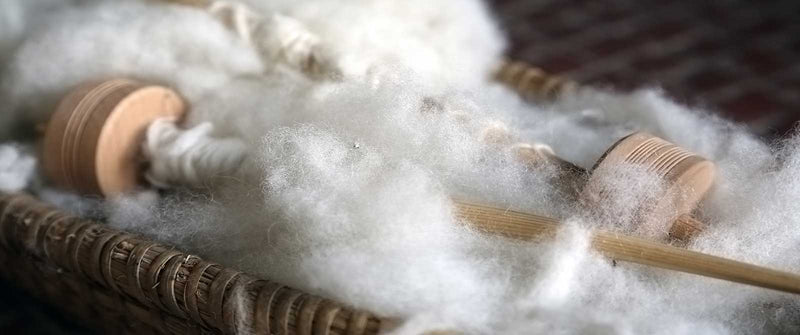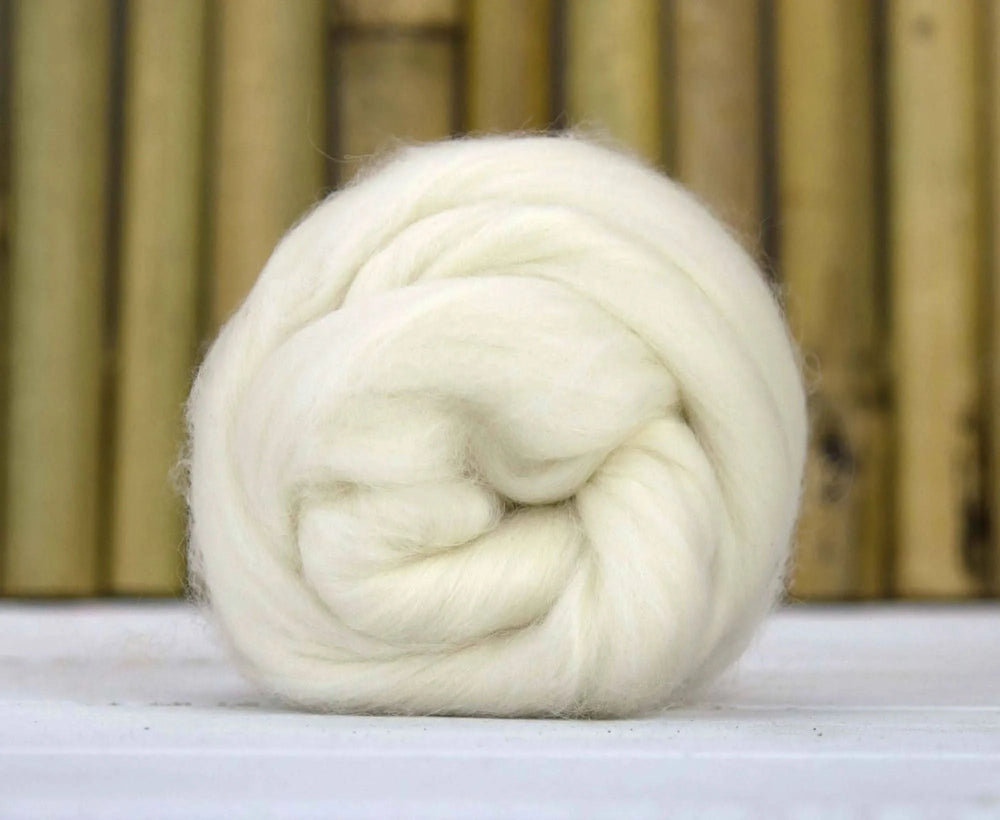Understanding the Various Types of Cashmere an All-natural Fiber and Their Distinct Benefits

The Origins of Cashmere: A Historical Summary
While the glamorous touch of cashmere remains to appeal contemporary consumers, its beginnings map back to the extreme, cool climates of Mongolia and the Mountain ranges. For centuries, the native individuals of these regions have been raising Capra Hircus goats, the prime resource of cashmere wool. These goats, resilient against the severe winters months, grew a great undercoat to make it through, which later on ended up being referred to as cashmere. The name itself pays tribute to Kashmir, an area in India where the wool was at first refined. Much of the early cashmere profession course was facilitated by the Silk Roadway, connecting Asia with the Middle East and Europe. Despite its international spread, the finest cashmere is still believed to stem from the initial regions of Mongolia and the Himalayas.

The Manufacturing Refine: From Goat to Garment
Shearing a Capra Hircus goat notes the beginning of the elaborate cashmere production procedure. This fragile procedure usually occurs annually throughout springtime. The fine, soft undercoat is then separated from the coarser external hair, a process called dehairing. The resultant raw cashmere is after that cleaned to eliminate impurities such as grease, dirt, and veggie matter.
The tidy fiber is subjected to dyeing, rotating, and weaving, or knitting, to change it into a textile. Complex procedures like high quality control checks and finishing procedures comply with, making sure completion item maintains the glamorous standard anticipated of cashmere. This meticulous process, from goat to garment, warrants the high cost affixed to cashmere products, making them an icon of deluxe and improvement.
The Various Types of Cashmere: A Thorough Analysis

The Unique Benefits of Cashmere: Comfort and Sustainability
Moving from the range of cashmere types to the advantages they offer, comfort and sustainability stand you can find out more out plainly. Cashmere, an all-natural fiber, is renowned for its unparalleled soft qualities, offering a level of comfort that synthetic fibers can't match. The material's lightness, yet excellent warmth retention, makes it suitable for all seasons. Additionally, cashmere's all-natural flexibility enables it to return to its initial form, making it resistant to shrinking or extending.
When it comes to sustainability, cashmere is renewable and naturally degradable, as it's gathered from cashmere goats who regrow their coats yearly. what is cashmere. Unlike artificial fibers which can take hundreds of years to decompose, cashmere's effect on the atmosphere is minimal. This combination of comfort and sustainability makes cashmere a beneficial option for aware customers

Taking Care Of Your Cashmere: Maintenance and Preservation Tips
While cashmere is unquestionably a sustainable and extravagant option, it calls for certain like maintain its top quality and expand its life-span. To begin, cashmere need to be hand washed making use of chilly water and a mild detergent. Stay clear of twisting or wringing the garment as it can harm the fibers. Instead, carefully eject excess water and lay it level on a towel to dry. helpful site Furthermore, cashmere products must be stored in a completely dry and amazing place, away from straight sunshine and wetness. Utilizing moth repellents can safeguard these garments from prospective damages. It's suggested to avoid hanging cashmere to avoid stretching. Rather, fold and store them properly to keep their shape and quality gradually.
Buying Cashmere: Comprehending Its Worth and Worth
Although cashmere might at first feel like an expensive financial investment, its long-lasting value and worth ended up being noticeable when you consider its exceptional qualities. Understood for its exceptional gentleness and heat, cashmere is a premium natural fiber that surpasses various other materials. Its high need and restricted supply add to its high rate, but its toughness guarantees it lasts for many years, providing exceptional worth for cash. Cashmere pieces are ageless, commonly ending up being antiques passed down with generations. what is cashmere. Furthermore, its natural insulating residential properties supply heat without the mass of artificial fibers. Buying cashmere, for that reason, is not practically existing style fads, but concerning welcoming a lasting, lasting, and luxurious way of living.
Verdict
In summary, the type of cashmere one selects, be it Mongolian, Chinese, or Italian, is dictated by specific preferences for heat, luxury, sustainability, and budget plan. Understanding the origins, manufacturing procedure, and one-of-a-kind advantages of different types of cashmere can guide consumers in their financial investment in this lavish all-natural fiber.
Whether it's the exceptional warmth of Mongolian cashmere, the cost of Chinese cashmere, or the eco-conscious production of Italian cashmere, there's a tale to be uncovered behind each fiber kind. Cashmere, an all-natural fiber, is renowned for its unequaled soft qualities, supplying a degree of comfort that artificial fibers can't match.When it comes to sustainability, cashmere is renewable my link and biodegradable, as it's collected from cashmere goats that regrow their coats annually. Recognized for its unequaled gentleness and warmth, cashmere is a premium natural fiber that surpasses other products. Recognizing the beginnings, production process, and special advantages of various kinds of cashmere can guide customers in their financial investment in this luxurious all-natural fiber.